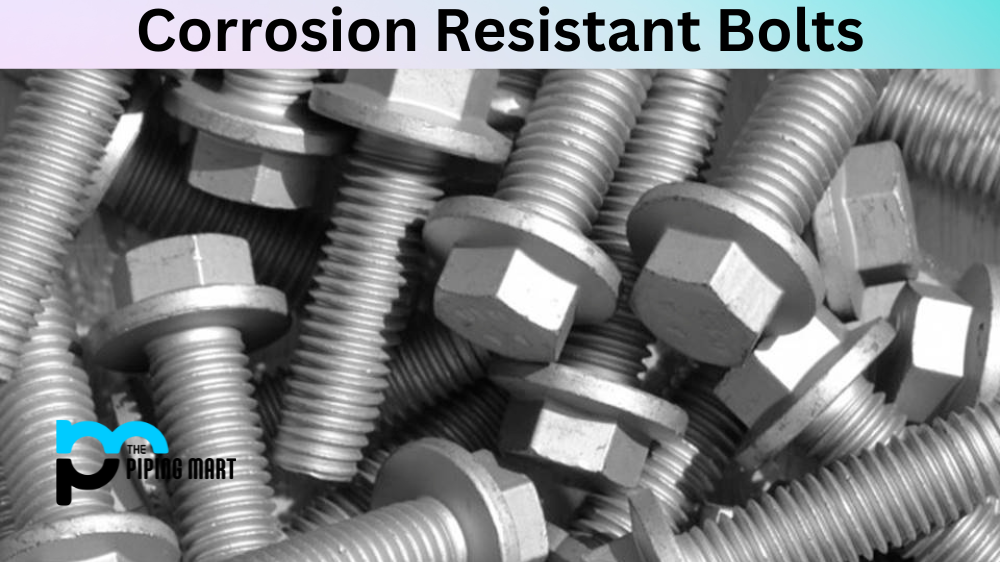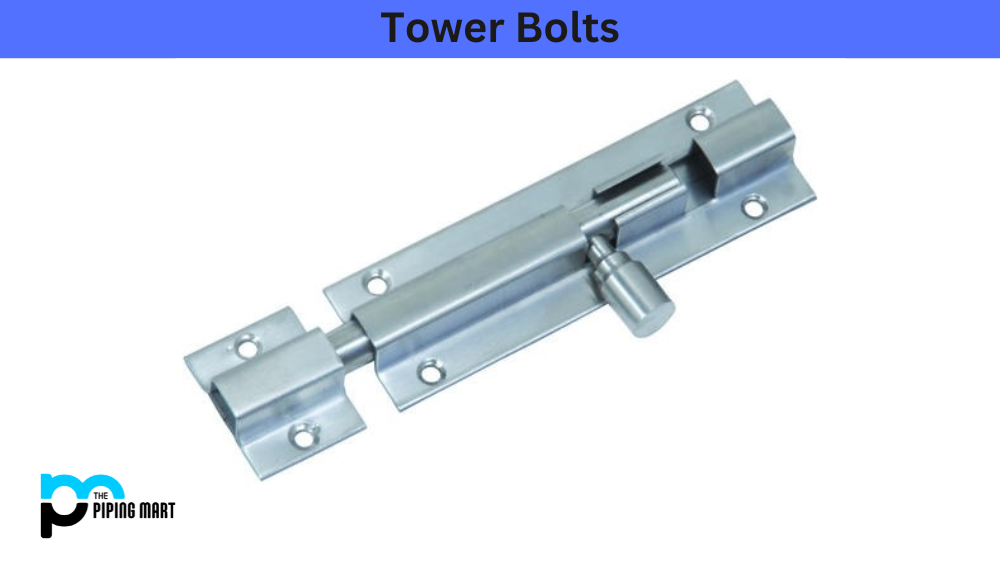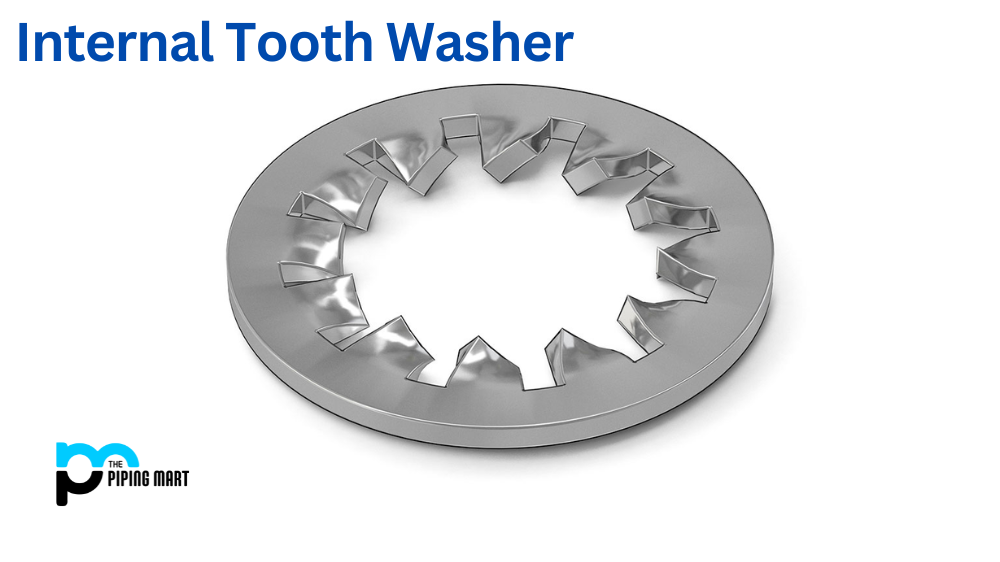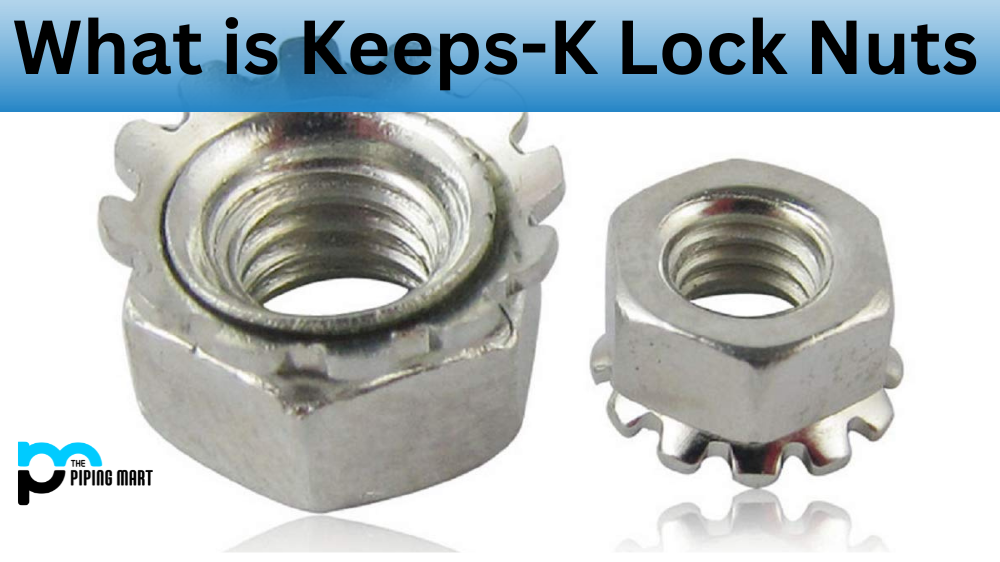Corrosion-resistant bolts are a type of fastener that can be used to join structures and components together. They provide superior corrosion resistance, making them ideal for use in harsh environments such as marine or industrial settings. In this blog post, we’ll explore the advantages of using corrosion-resistant bolts and what sets them apart from regular bolts.
What is Corrosion Resistant Bolt?
Corrosion-resistant bolts are designed to resist corrosion caused by exposure to moisture, chemicals, and other elements. These bolts are usually made from stainless steel or other materials such as aluminium alloy or brass, which all have an inherent ability to resist rust and other forms of corrosion. This makes them well-suited for applications where regular bolts quickly succumb to the elements.
Corrosion Resistant Bolt Uses
Corrosion-resistant bolts are commonly used in marine and industrial applications where they must withstand frequent exposure to corrosive elements like salt water or chemicals. They’re also often used in construction projects that involve outdoor installations since these bolts can better handle the details than regular steel bolts. Additionally, corrosion-resistant bolts are often used for decorative purposes since their resistance to rusting means they can maintain their aesthetic appeal over time.
Benefits of Using Corrosion Resistant Bolt
The main benefit of using corrosion-resistant bolts is their superior corrosion resistance compared to regular steel bolts. This means you don’t have to worry about costly maintenance or replacement due to rust damage, saving you money in the long run. Additionally, many types of the corrosion-resistant bolt also offer greater strength than regular steel ones – meaning they can take more stress while still withstanding wear and tear over time. This makes them ideal for use in high-load applications like bridge construction or offshore platforms where failure could result in serious consequences.
Conclusion:
Ultimately, corrosion-resistant bolts offer several advantages that make them perfect for use in harsh environments where regular steel fasteners wouldn’t survive enough to be effective. They provide superior durability and performance at a fraction of the cost of traditional steel options, making them an excellent choice for any project where long-term reliability is essential. If you’re looking for reliable fasteners that won’t corrode over time, then corrosion-resistant bolts may be precisely what you need!

Abhishek is a seasoned blogger and industry expert, sharing his insights and knowledge on various topics. With his research, Abhishek offers valuable insights and tips for professionals and enthusiasts. Follow him for expert advice on the latest trends and developments in the metal industry.




